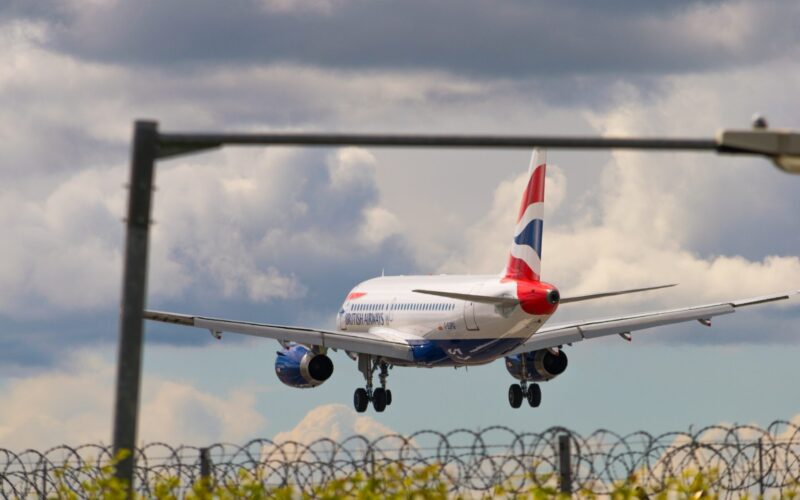The UK Government has begun a process of revolutionizing British airspace to rid London of congested skies and bottlenecks that result in delays and carbon emissions.
On October 22, 2024, the Department for Transport (DfT) announced plans to modernize British airspace design and introduce a consultation to hear views on proposals to establish a UK Airspace Design Service.
As part of the proposal, a team of aviation experts will work in collaboration with UK airports to improve the way in which planes fly in, out and over the UK.
Mike Kane, Minister for Aviation, said: “UK airspace is one of the nation’s biggest invisible assets, but it’s been stuck in the past – a 1950s pilot would find that little has changed. Our once-in-a-generation creation of a UK Airspace Design Service will not only drive forward airspace modernisation and create a system that’s fit for the future, but it will help create quicker routes, ease delays and reduce harmful emissions – making air travel a better experience for all.”
The hope is that by taking a new approach, flight delays, emissions and noise pollution will all be reduced, making the entire industry more efficient.
In conjunction with the UK Civil Aviation Authority (CAA), the DfT is seeking views on how a UK Airspace Design Service could deliver on airspace modernization by adopting new technologies such as drones.
According to the DfT, much of the UK’s airspace was designed in the 1950s when there were far fewer flights, and a new system is now needed which makes use of advanced navigation technologies.
The skies above London and the south-east of London will be tackled first, due to the high amount of congestion and because delays in London often have a knock-on effect for the rest of the UK.
Rob Bishton, Chief Executive at the CAA, said: “Modernising our airspace is crucial to delivering a more efficient, sustainable and resilient system. The proposals we’ve outlined today set out the next steps in our ongoing efforts to progress the modernisation of UK airspace. This builds on the important work already done across the industry towards a more streamlined, sustainable airspace system that benefits passengers, airlines and local communities.”
The UK Airspace Design Service will also work in coordination with airports, airlines and air navigation service providers in shaping the new system.
The DfT claims that airspace modernization will reduce disruption as airlines would utilize more efficient flight paths.
Martin Rolfe, CEO of NATS, said: “Any initiative that can help speed up the modernisation programme for UK airspace is very welcome, especially in London and the South East. It is some of the busiest and most complex airspace in the world with take-offs and landings at five major airports and several smaller ones. This is the next big step in modernising UK airspace following the work we have already completed in other parts of the country and we welcome the government’s consultation on how best to deliver it.”
Responses to the consultation can be submitted from October 22 until December 17, 2024.

